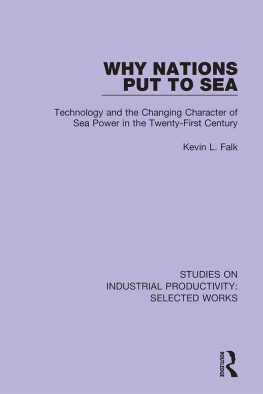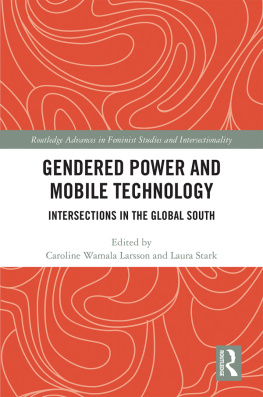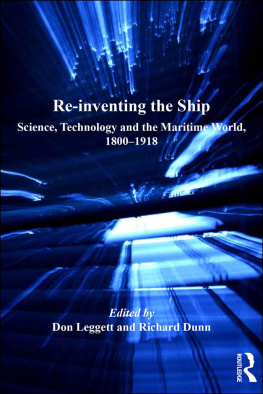First published in 2000 by Garland Publishing Inc.
This edition first published in 2019
by Routledge
2 Park Square, Milton Park, Abingdon, Oxon OX14 4RN
and by Routledge
711 Third Avenue, New York, NY 10017
Routledge is an imprint of the Taylor & Francis Group, an informa business
2000 Kevin L. Falk
All rights reserved. No part of this book may be reprinted or reproduced or utilised in any form or by any electronic, mechanical, or other means, now known or hereafter invented, including photocopying and recording, or in any information storage or retrieval system, without permission in writing from the publishers.
Trademark notice: Product or corporate names may be trademarks or registered trademarks, and are used only for identification and explanation without intent to infringe.
British Library Cataloguing in Publication Data
A catalogue record for this book is available from the British Library
ISBN: 978-1-138-61548-9 (Set)
ISBN: 978-0-429-44077-9 (Set) (ebk)
ISBN: 978-1-138-32287-5 (Volume 2) (hbk)
ISBN: 978-0-429-45100-3 (Volume 2) (ebk)
Publishers Note
The publisher has gone to great lengths to ensure the quality of this reprint but points out that some imperfections in the original copies may be apparent.
Disclaimer
The publisher has made every effort to trace copyright holders and would welcome correspondence from those they have been unable to trace.
WHY NATIONS PUT TO SEA
TECHNOLOGY AND THE CHANGING CHARACTER OF SEA POWER IN THE TWENTY-FIRST CENTURY
KEVIN L. FALK
Published in 2000 by
Garland Publishing Inc.
A member of the Taylor & Francis Group
29 West 35th Street
New York, NY 10001
Copyright 2000 by Kevin L. Falk
All rights reserved. No part of this book may be reprinted or reproduced or utilized in any form or by any electronic,mechanical, or other means, now known or hereafter invented, including photocopying and recording, or in any information storage or retrieval system, without permission in writing from the publishers.
10 9 8 7 6 5 4 3 2 1
Library of Congress Cataloging-in-Publication Data
Falk, Kevin L.
Why nations put to sea: technology and the changing character of sea power in the twenty-first century/Kevin L. Falk.
p. cm. (Garland studies in industrial productivity)
Includes bibliographical references (p. )
ISBN 0-8153-3527-X (alk. paper)
1. Sea-powerForecasting. 2. Twenty-first centuryForecasts.
I. Title. II. Series: Garland studies on industrial productivity.
V25.F35 1999
359dc21
99-31319
CIP
Printed on acid-free, 250-year-life paper
Manufactured in the United States of America
For Marcia, my wife and best friend.
Doctor Kevin Falk describes here the relation between technology and the exercise of sea power. Besides illuminating that relationship, he reminds us of a neglected fact: the United States is a maritime nation whose interests and welfare depend on the successful exercise of sea power. That is, access to the sea, to the air above the sea, and to the depths beneath the sea serve the prosperity and safety of the general citizenry of the Republic, and that access is dependent on the exercise of sea power.
For the United States, sea power is an expression of the capability to control the maritime approaches to North America, to render safe and useful the arteries of commerce between North America and abroad, and to keep open those lines of communication that render possible material support for friendly nations whose safety is a vital interest of the United States.
Without control of the air, sea, and undersea approaches to North America; without the freedom to use the arteries of commerce; and without the capability to provide material support to friendly nations abroad, the United States cannot in wartime engage abroad those enemies who otherwise would bring the war directly to North America. It is the capability to apply sea power in the transoceanic world that makes a nation more than merely one with maritime interests.
Japan, Norway, the United Kingdom, and Italy all are maritime nations to a considerable degree. Yet none of those today has the capability to control its sea approaches, by itself, save in peacetime when no other nation contests that control. Their more distant maritime interests are only safeguarded, if at all, at the pleasure and for the convenience of other powers.












